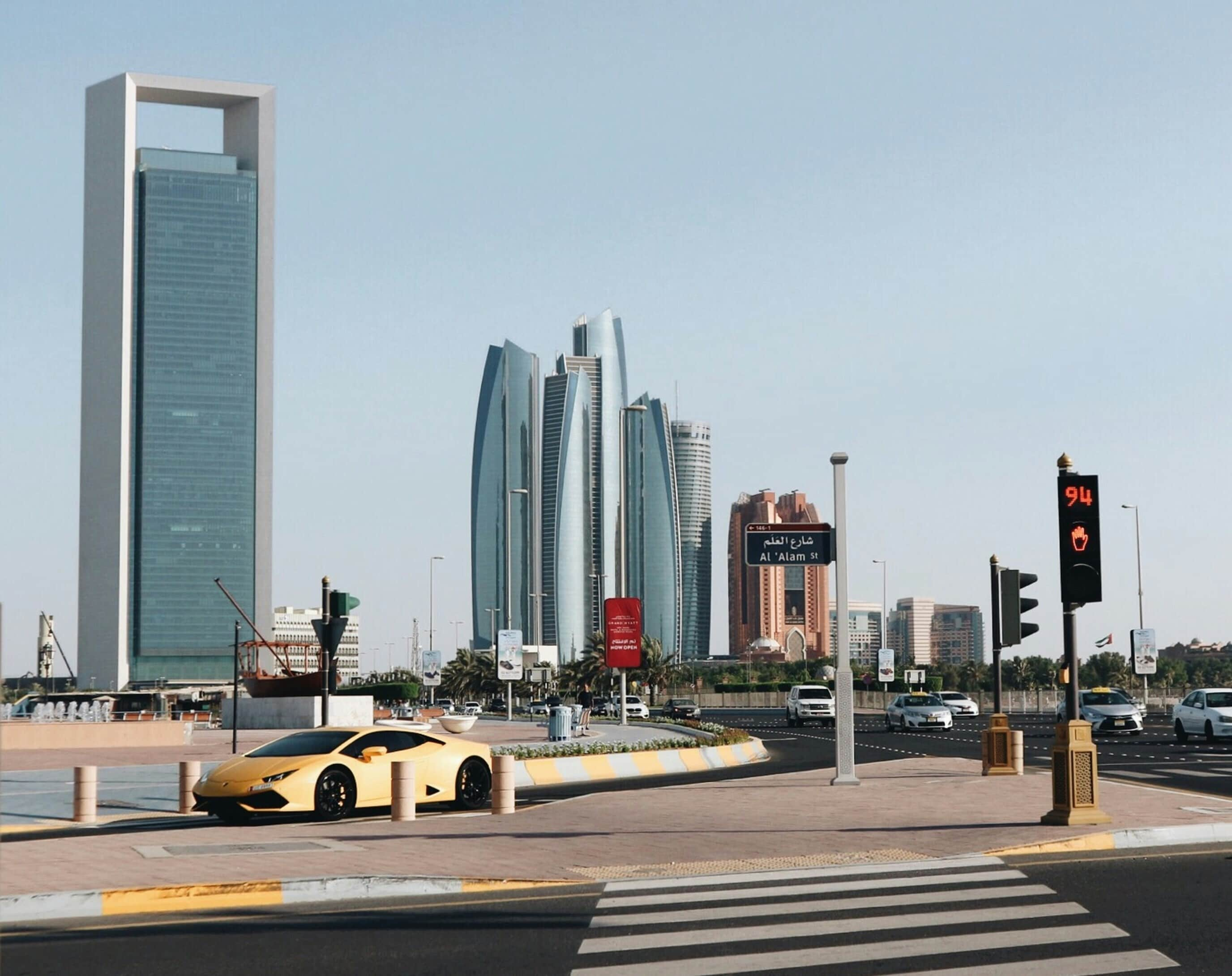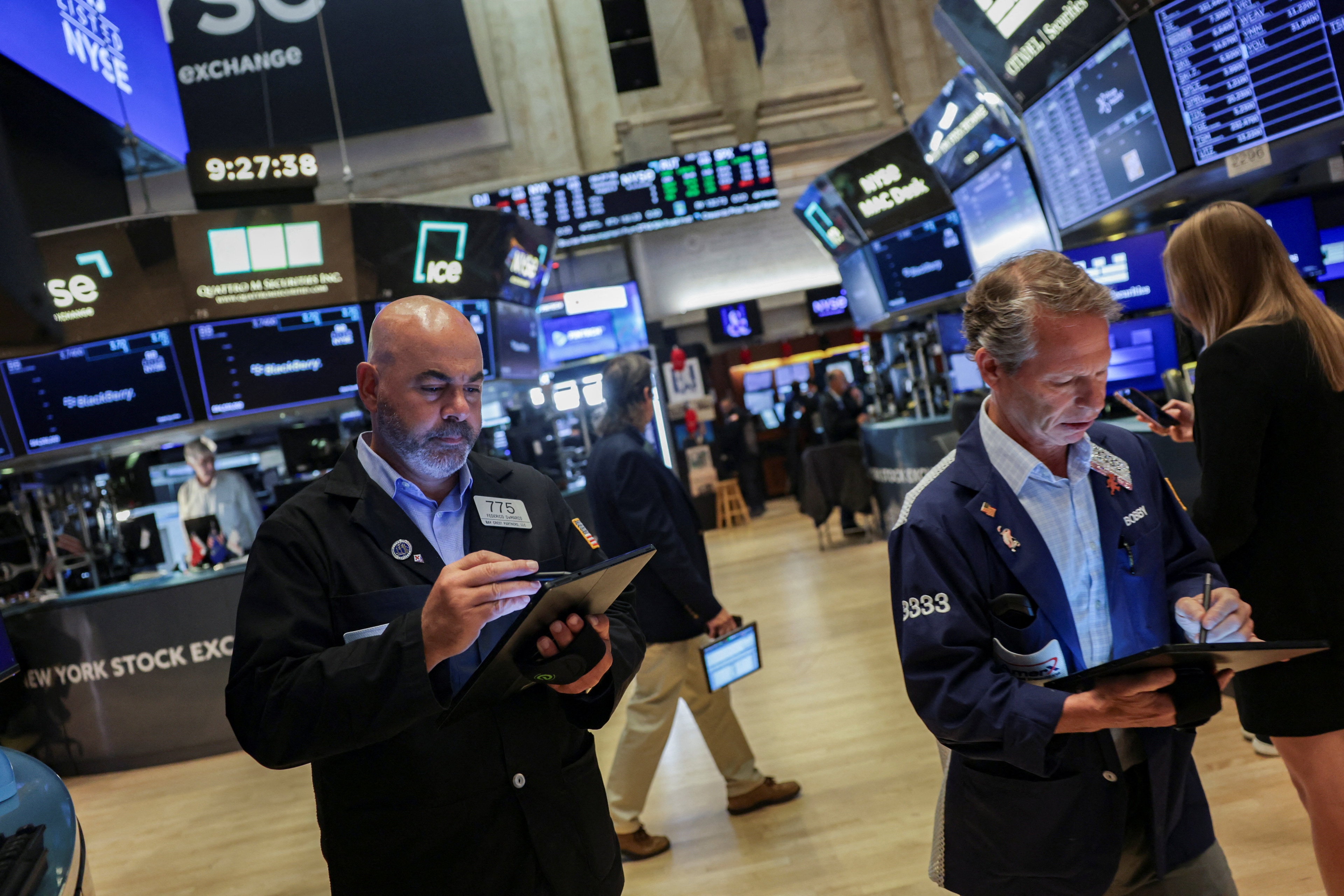No progress on Greece deal, rate cuts in Asia, Pac-Man’s creator

Stay up to date:
European Union
Alexis Tsipras, the Greek prime minister, held another round of talks with his French and German counterparts on Wednesday night, with no signs that either side had moved closer to achieving a deal to release EUR7.2bn in bailout aid to his cash-strapped government.
The lack of progress comes as Standard & Poor’s downgraded its credit rating on Greece by one notch to triple C, which is speculative grade. S&P’s view is that Greece will default on its debts within a year in the absence of a deal with its creditors.
“We decided to intensify the efforts to bridge the remaining differences and proceed, I believe, to a solution in the coming period,” Mr Tsipras said after the talks. German Chancellor Angela Merkel and French President Francois Hollande left the meeting without commenting.
Meanwhile, many Greek citizens continue to pull money from banks and move funds out of the country, fearing that a radical government might resort to capital controls. (FT, WSJ, Reuters)
In the news
Arrested development Developing countries are facing a “structural slowdown” likely to last for years and are ceding their role as the world’s growth engine to more mature economies such as the US, according to forecasts from the World Bank. The bank lowered its projection for global growth this year to 2.8 per cent. (FT)
Chop, chop The Reserve Bank of New Zealand and Bank of Korea rejoined the global monetary easing club on Thursday, as they cut interest rates to support their slowing economies. Loosening monetary policy for the first time since 2011, the RBNZ trimmed its benchmark rate to 3 per cent to cushion its agriculture-focused economy from China’s slowdown, while the BoK cut rates to a record low 1.5 per cent to prop up its economy and as policy makers fear the spread of the Mers virus. (FT)
El Nino nerves Anxious farmers and commodity investors around the world are braced for weather disruptions affecting harvests and markets as leading meteorological agencies have warned of a longer and stronger than expected El Nino phenomenon. (FT)
China ties compromised The Chinese hackers who recently attacked the Office of Personnel Management may have obtained the names of Chinese with close ties to US diplomats and government officials. Federal employees who handle national security information are required to list some or all of their foreign contacts, which investigators say is information Beijing could use for blackmail or retaliation. (NYT)
UK extends tough market abuse rules Punitive regulations for senior bankers will be expanded to cover thousands of asset managers, hedge funds and the Bank of England itself. Mark Carney announced the rules in response to a string of scandals that have cost big banks – including Barclays, HSBC and RBS – billions of pounds in fines for misconduct. (FT)
Clinton defends charity Former US president Bill Clinton hit back at allegations of corruption and a lack of transparency at his family’s philanthropic organisation, and said he would stop making paid speeches, another area of controversy, if his wife wins the White House. (FT)
It’s a big day for
Royal Mail The British government hopes to raise GBP770m from the sale today of half its remaining 30 per cent stake in the postal service. Banks led by JPMorgan, Bank of America and Goldman Sachs were on Wednesday engaged in placing about 150m Royal Mail shares held by the state with institutional investors. The UK government is also likely to pursue an exitfrom Royal Bank of Scotland in coming months. (FT)
US economy Data on jobless claims, business inventories, and import and export prices will give a fresh picture of whether the economy is bouncing back from a rough first quarter. Mayretail sales are forecast to have gained 1.2 per cent from April, while core retail sales, which strip out car and petrol sales, are expected to have increased 0.5 per cent. (WSJ)
Food for thought
The Pac-Man “The beauty of Pac-Man is that anyone who plays it immediately knows what is going on in the game. That is why it still works today if you download it on a smartphone.” And that’s what today’s game makers need to remember, says Toru Iwatani, the man who invented Pac-Man. (FT)
US v China: the new cold war? David Pilling looks at the simmering tensions between the two superpowers. “If China and the US are engaged in a game of bluff, the suspicion is that China may have more stomach for the fight.” (FT)
Border tensions Behind the rhetoric between Nato and Moscow over Ukraine there is little appetite for war. Politicians in Estonia, Latvia and Lithuania admit privately that they are torn between the desire not to alarm their own citizens and the need to keep western allies on their toes over the threat Russia poses. (FT)
A (Chinese) app for that Just how big is China’s presence in the smart device app market? Facebook is the top app publisher in the world, followed by Google. Third is Cheetah Mobile, a Chinese company behind the Clean Master, an app that claims to remove unwanted junk files from your smartphone and is the sixth-most downloaded app in the world. (Quartz)
The lobbying bonanza Tom Edsall takes a look at the industry that allows politicians to triple their salary virtually overnight and has helped drive up white median income by 71 per cent in Washington, DC from 2000 to 2013. “To what extent does the increasing affluence of Washington – together with politicians’ growing dependence on the rich for campaign contributions and the fact that the median net worth of members of Congress is now $1.03 million – have an impact on public policy?” (NYT)
Video of the day
View from the top of Montblanc FT editor Lionel Barber talks to Johann Rupert, chairman of Cartier owner Richemont, about a new neutral digital platform for luxury brands, why he’s optimistic about China and why he doesn’t consider the Apple Watch to be a direct threat. (FT)
This article is published in collaboration with The Financial Times. Publication does not imply endorsement of views by the World Economic Forum.
To keep up with the Agenda subscribe to our weekly newsletter.
Author: FirstFT is the Financial Times’ editors curated free daily email of the top global stories from the FT and the best of the rest of the web.
Image: A man walks by the headquarters of the Bank of Greece in central Athens. REUTERS/Yannis Behrakis.
Don't miss any update on this topic
Create a free account and access your personalized content collection with our latest publications and analyses.
License and Republishing
World Economic Forum articles may be republished in accordance with the Creative Commons Attribution-NonCommercial-NoDerivatives 4.0 International Public License, and in accordance with our Terms of Use.
The views expressed in this article are those of the author alone and not the World Economic Forum.
Related topics:
Forum Stories newsletter
Bringing you weekly curated insights and analysis on the global issues that matter.
More on Financial and Monetary SystemsSee all
Ekhosuehi Iyahen, Daniel Murphy and Andre Belelieu
August 27, 2025
Tariq Bin Hendi
August 26, 2025
David Ebube Nwachukwu and Adam Skali
August 25, 2025
Lim Chow-Kiat
August 21, 2025
Dalal Buhejji
August 14, 2025
Hallie Spear
August 13, 2025







